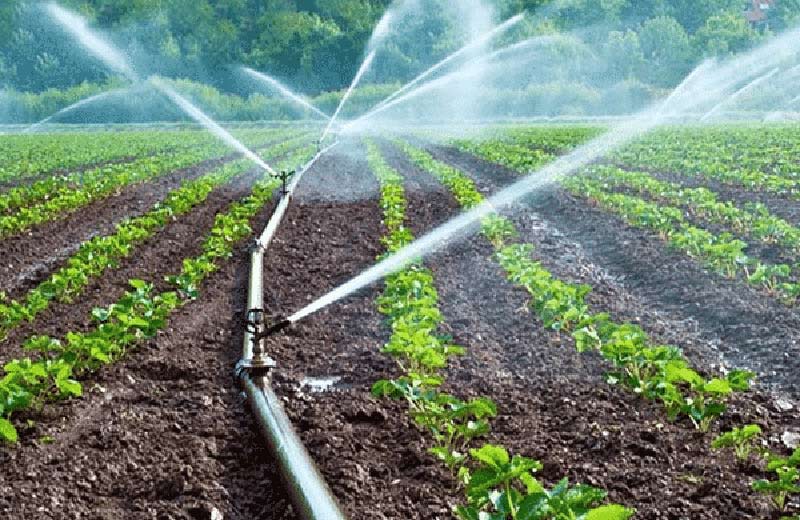
Havana, June 21 – An innovative irrigation system now allows for the rational use of water and precise irrigation of crops on several agroecological farms in Havana, as part of the cooperation between Italy and Cuba.
During a visit to one of the beneficiary projects, Finca La Yoandra, the researcher from the Consorzio di Bonifica per il Canale, Emiliano Romagnolo (CER), pointed out to Prensa Latina that this type of system makes it possible to reduce irrigation costs and contribute to sustainable agriculture.
"It works in a very simple mode: at each station is placed technology that allows to measure temperature, soil moisture and other factors that are then taken into account when choosing the type of irrigation that is needed in the countryside ", pointed out the representative of the Italian institution that collaborates with the Italian Agency of Cooperation for Development (AICS, for its acronym in italian), Gioele Chiari.
This, he said, makes it possible to reduce irrigation costs; that the effects of climate change do not have such a negative impact on crops, and in addition, they will also offer training to the farmers who will use it.
For her part, Yoandra Álvarez, the owner of the benefited farm, highlighted the usefulness of this type of irrigation technology for her farm and thanked the collaboration of the Italian and Cuban entities.
"The installation of this innovative and intelligent irrigation system with its weather station comes at a crucial moment; because in this particular farm we often do not know the moisture levels and other soil factors and we need these data to correctly choose the type of irrigation for fruit trees and coffee sowing.
She added that it will be a learning and exchange process for Cubans and Italians, who can introduce the systems with existing data into their implementation in the European country and, in turn, continue to gather information from the networks installed in the Caribbean nation.
La Yoandra Farm, in the Arroyo Naranjo municipality of the Cuban capital, was founded in 1999 and is one of the four experimental areas, along with Inifat, Las Piedras Farm, and Si se Puede Farm, that have benefited from this technology and have been part of the Hab.ama project for years.
This initiative is the result of a collaboration between the Cuban Ministry of Agriculture, the Agricultural Business Group, the Tropical Fruit Research Institute, the Institute of Fundamental Research in Tropical Agriculture, and the Institute of Research for the Food Industry with the support of the Ministry of Foreign Affairs and the Italian Agency of Cooperation for Development.
Roberto Giuliotto, an expert in the agriculture and environment sector at AICS, highlighted the feasibility of projects like these to manage water resources more efficiently and timely.
Water is one of the goods most affected by climate change and Cuba is not exempt from it; and in the case of the capital of the Antillean country, the importance is greater because watersheds must be properly used both for agriculture and for human consumption in other jobs, he said. (PL) (Photo: Taken from the Internet)